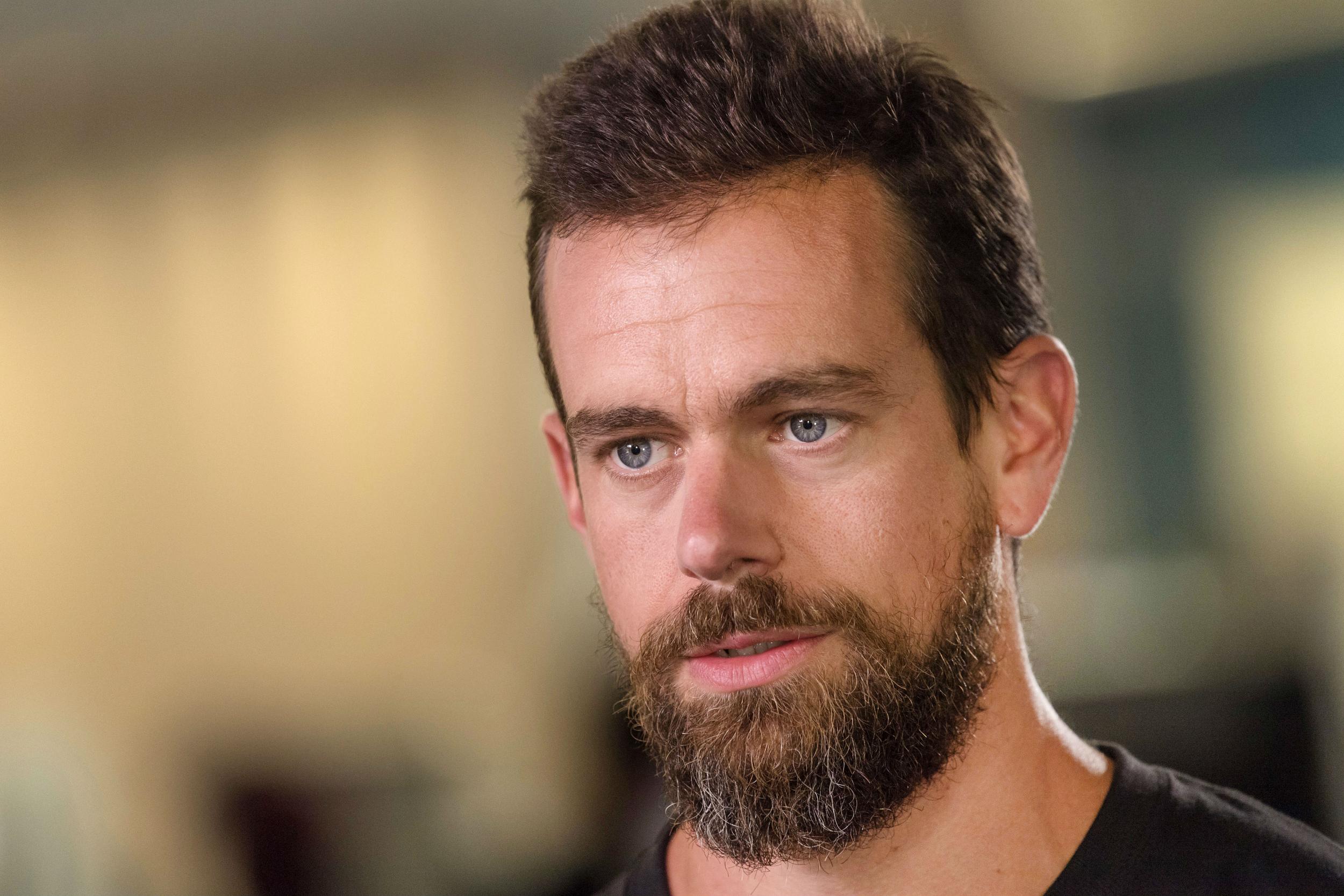Twitter CEO Jack Dorsey admits platform not a place for 'nuanced discussion' as top 'New York Times' reporter quits after abuse
Platform's co-founder says there is 'lots of work still to do'

The CEO of Twitter has admitted the platform is no longer a place where nuanced or thoughtful discussion can take place, after a leading American political reporter quit the “anger video game” after constant attacks.
Jack Dorsey, who co-founded the social media site in 2006, said the company needed to fundamentally “focus more on conversational dynamics within Twitter”, after the New York Times’ Maggie Haberman slammed the platform’s increasing toxicity.
“We haven’t paid enough consistent attention here,” said Mr Dorsey. “Better organisation, more context, helping to identify credibility, ease of use.”
The 41-year-old Mr Dorsey, said to be worth $5bn, made the remarks in a Twitter thread after Ms Haberman said she was stepping back from Twitter after concluding the “viciousness, toxic partisan anger and intellectual dishonesty” it harboured were at all-time highs.
Ms Haberman, a widely respected reporter with almost 900,000 followers, tweeted on Friday that she was rethinking how to use the platform she signed up to 2009.
“With exception of breaking news and my own stories, taking a break from this platform,” she said. “No reason or prompt other than that it’s not really helping the discourse.”
Over the weekend, in an article in her newspaper, she was more expansive. “Twitter has stopped being a place where I could learn things I didn’t know, glean information that was free from errors about a breaking news story or engage in a discussion and be reasonably confident that people’s criticisms were in good faith,” she said.
She added: “The viciousness, toxic partisan anger, intellectual dishonesty, motive-questioning and sexism are at all-time highs, with no end in sight. It is a place where people who are understandably upset about any number of things go to feed their anger, where the underbelly of free speech is at its most bilious.”

Ms Haberman, who previously worked for the New York Post and Politico and who is considered to have some of the most accurate sources on the Donald Trump’s thinking, said the president was partly to blame for creating an environment in which she was often subject to “swarms of vicious Twitter attacks”.
“Mr Trump has tried to turn everyone around him, including the journalists who cover him, into part of his story. And people on Twitter have started to react to me in that same way, treating me as if I am a protagonist in the president’s narrative.”
While she said there still many positive things about Twitter and she would continue to use it to monitor breaking news, she had concluded the costs of trying to interact with readers and commentators now outweighed the benefits.
“Twitter is now an anger video game for many users. It is the only platform on which people feel free to say things they’d never say to someone’s face,” she said.
“For me, it had become an enormous and pointless drain on my time and mental energy.”
Mr Haberman said there was an important discussion about journalism that needed to be had, including how members of the media had performed during the 2016 presidential campaign. The New York Times, among many US media organisations, was criticised for failing to anticipate Mr Trump’s appeal and accused of ignoring his supporters.
She added: “But Twitter is not where a nuanced or thoughtful discussion can happen.”
Mr Dorsey responded to that point by saying: “This is what we’d like to fix the most.”
As to Ms Haberman’s claim that another downside to Twitter was that “everyone is treated as equally expert on various topics”, he said: “One of the biggest areas I believe we can help. Helping to determine credible voices per topic in real-time is extremely challenging, but believe it’s possible. Mix of algos and network.”
She also said that on Twitter, everything was shrunk down to the same size, making it harder to discern what was a big deal and what was not, adding: “All outrages appear equal.”
Mr Dorsey conceded: “Def a problem. Believe we can help solve by showing more context and related conversation.”
The Twitter co-founder said that the idea behind introducing “the ranking the timeline” was to show you “what matters first”. He added: “Lots of work still to do.”
Ms Haberman is not the only high profile political reporter to announce she is boycotting the medium. John Roberts of Fox News, who recently found himself in the centre of controversy after agreeing to pick up the microphone and deliver a question to Mr Trump after the president refused to accept one from a CNN correspondent, said he was also quitting.
“In solidarity with my colleague @maggieNYT - whom I believe is an absolutely stellar journalist, I too am pulling back from Twitter,” he wrote. “She has it right - a bilious anger video game.”
In Britain, the BBC political editor Laura Kuenssberg said she had also considered quitting social media because of the increasingly “ugly” online atmosphere.
“I’ve tried to pull back and I’ve thought about coming off it altogether,” Ms Kuenssberg told author and former Labour spin doctor Tom Baldwin in an interview for a new book. “Partly that’s because it’s uglier out there now; it’s like a playground where people want to shout each other down.”
She added: “I don’t read the comments people write about me – it’s not worth it.”
Join our commenting forum
Join thought-provoking conversations, follow other Independent readers and see their replies
Comments
Bookmark popover
Removed from bookmarks